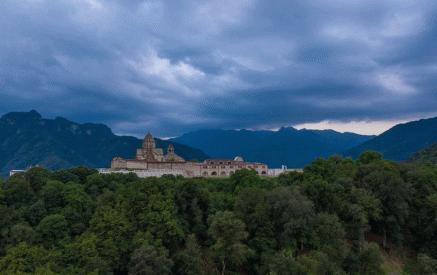Armen Sarkissian’s resignation may be due to various non-political circumstances: personal, health, family, etc. In a serious analysis, they can be set aside so as not to look at a cup of coffee and pay tribute to possible gossip. By the way, in the text of his resignation, the former president complains about “various conspiracy theories and myths” related to him, noting that these attacks “go beyond the limits of morality, in the end having a direct negative impact on health.” To be honest, I do not see anything extraordinary here. Anyone who agrees to hold a high state position should be ready for such attacks and be able to look at them “from the side” without emotions.
In order not to fall into the arms of conspiracy theories, I think we can get rid of the hypothesis that Armen Sarkissian was “pro-Western,” and as the current government is becoming more and more “pro-Russian” (forced), it could become a source of controversy. Informed people know that he had very good relations with the Russian “oil and gas” elite due to his former business activities.
Thus, bypassing all personal and conspiracy theories and focusing on pure politics, we can distinguish two possible explanations: internal and external. The first is that the constitutional changes that this government intends to carry out are in fact called to return the presidential or semi-presidential system, so that after some time Pashinyan will become president for 5-10 years with royal powers. From my point of view as an ordinary citizen, this is not a “turning point.” The powers of the Prime Minister are still “de facto” royal, and it does not matter at all what is written or what will be written on paper. But Armen Sarkissian might not like that process and become a source of controversy with Pashinyan.
The second reason is Armenia’s expected steps in foreign policy. “The president can not influence issues related to war and peace,” reads Armen Sarkissian’s “farewell message.” In fact, I think it is very possible that this government will agree to Turkey’s demand to renounce the “allegations of genocide” (as the Turks say), as well as take all the steps imposed by the adversary in relations with Azerbaijan. The former president presumably did not want to be a part of that.
Read also
Our officials like to speak indirectly, with hints. Armen Sarkissian is no exception. It is difficult to understand from the text of his resignation why he actually resigned. But one way or another, I think further processes will shed light on that issue.
Aram Abrahamyan























































